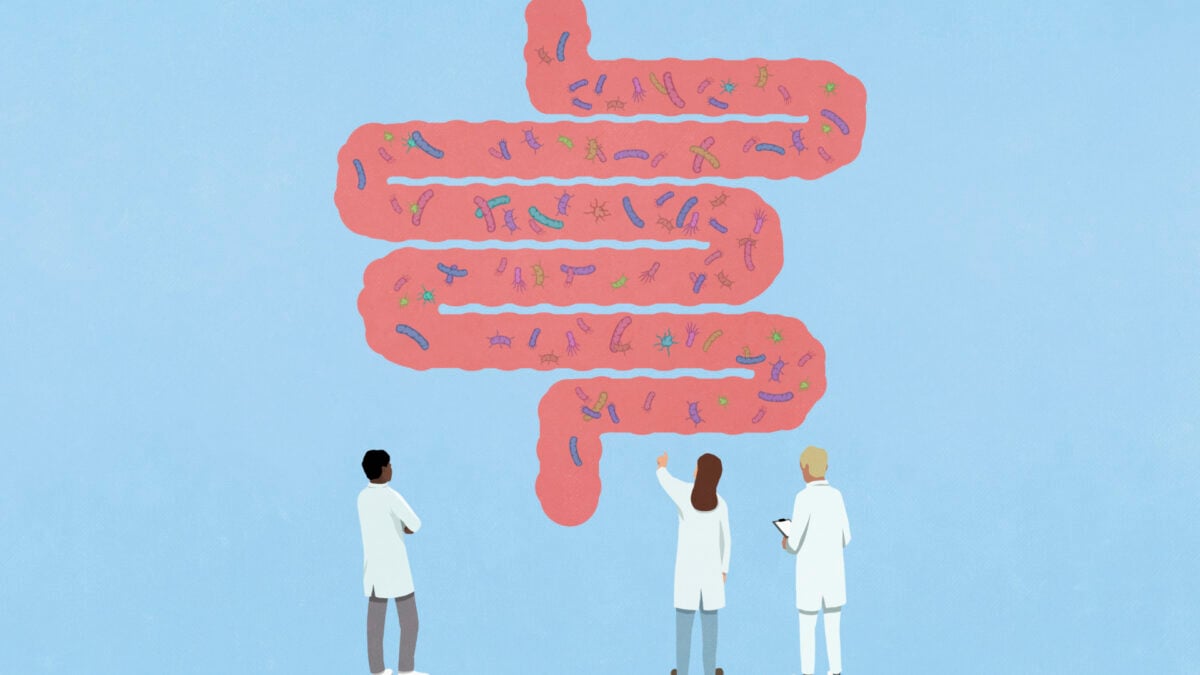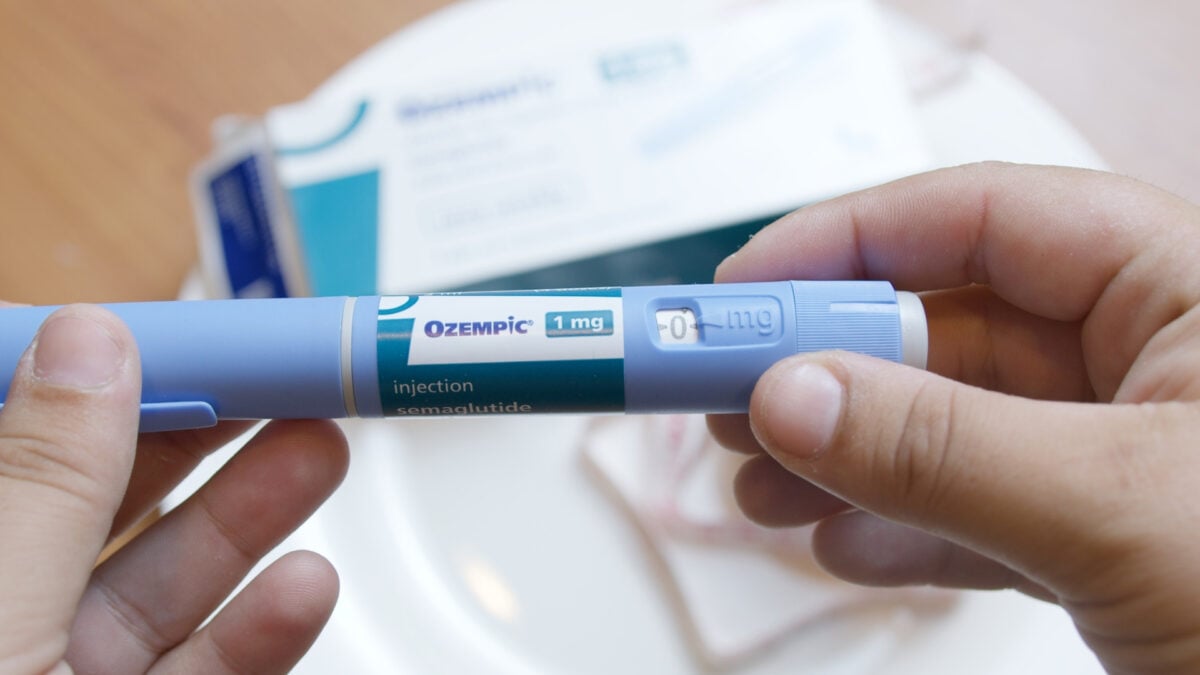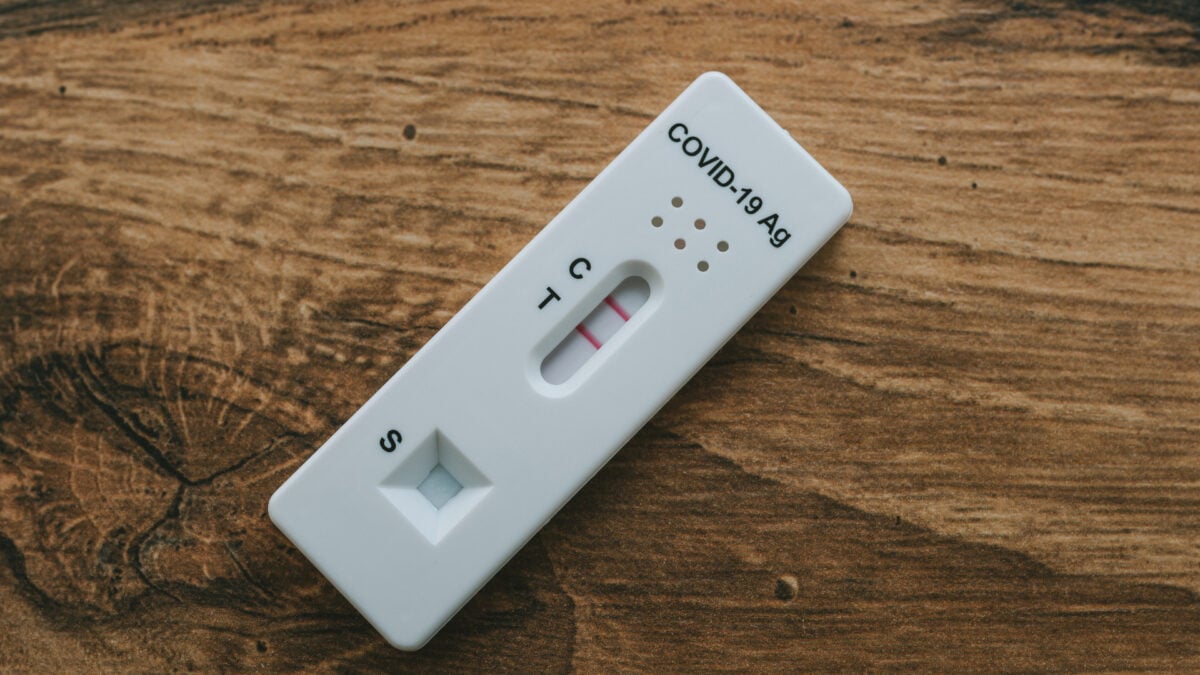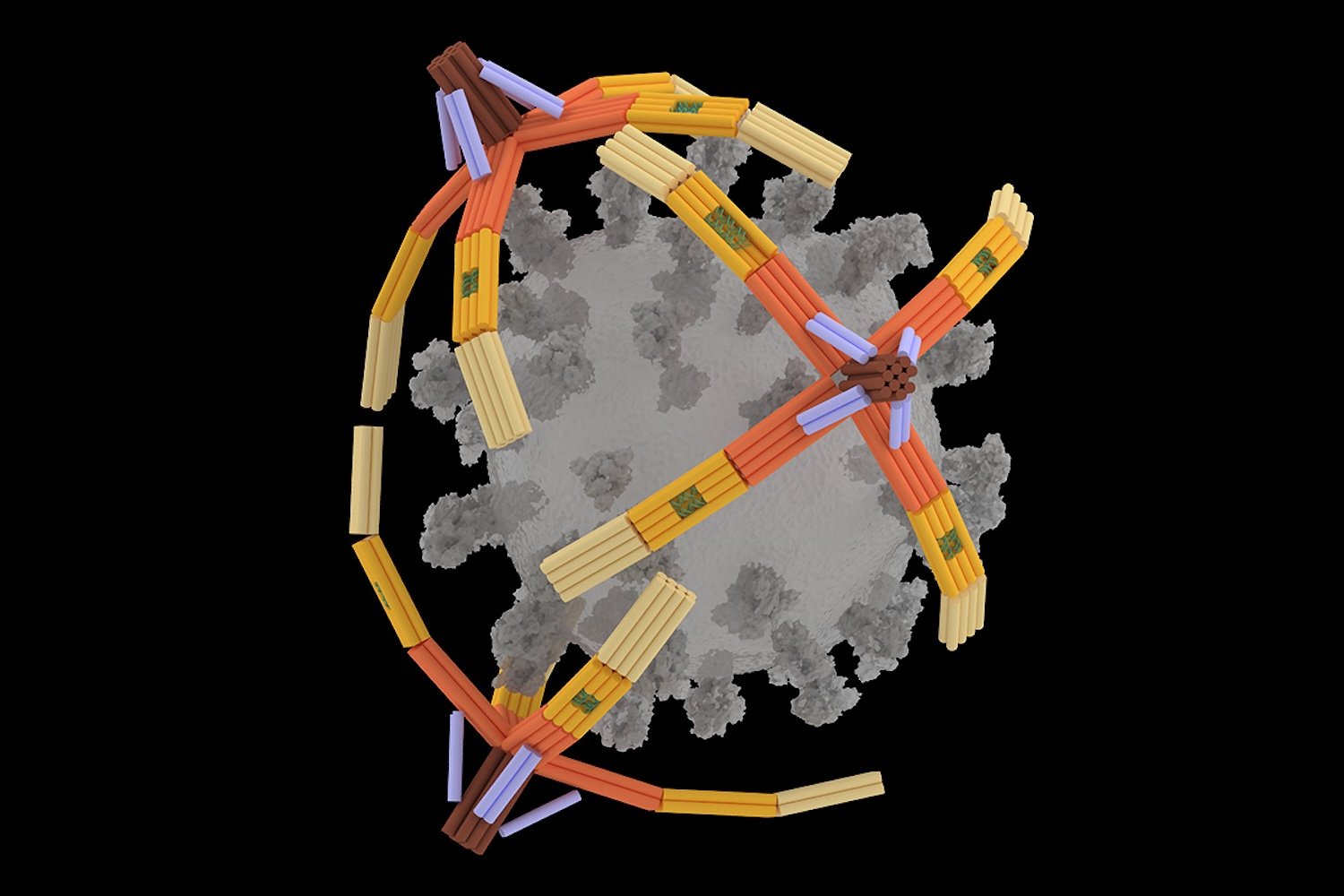Fecal transplants, a promising medical procedure involving the transfer of gut microbes, have garnered significant attention for their potential to treat conditions ranging from irritable bowel syndrome to diabetes. However, new research suggests this innovative therapy, often called “poop transplants,” may carry unintended consequences if microbes colonize incorrect areas of the digestive system, warranting a cautious approach to its expanding applications.
New Research Sounds a Cautious Note
The core concept of a fecal transplant is to introduce microbes from a healthy donor’s feces into a patient’s colon, aiming to restore a balanced gut microbiome. A study recently published in the journal Cell has revealed a critical concern: these transplanted microbes might not stay confined to the colon. Instead, they can colonize other parts of the digestive tract, potentially leading to lasting, unintended health effects.
Orlando “Landon” DeLeon, lead author and a postdoctoral researcher at the University of Chicago, stated, “I think it’s a bit of a wakeup call to the field that maybe we shouldn’t willy-nilly put large bowel microbes into different parts of the intestine that shouldn’t be there.” This underscores the need for a more nuanced understanding of microbial placement.
Insights from Experimental Studies
DeLeon’s team conducted experiments on mice to investigate how fecal matter transplants impact different intestinal segments. The mice were divided into three groups: one received microbes from the jejunum (middle small intestine), another from the cecum (a pouch connecting the small and large intestines), and the third a standard fecal transplant sourced from the colon.
Each section of the digestive system hosts a unique microbial community adapted to its specific environment. The researchers discovered that all three types of transplants successfully colonized the entire intestinal tract. This created regional gut “mismatches” that persisted for up to three months post-procedure.
These misplaced microbes triggered metabolic alterations in the affected intestinal regions, which could influence a patient’s overall health and even behavior. The study observed changes in the mice’s eating patterns, activity levels, and energy expenditure following the transplants. Furthermore, there were documented shifts in gene activity related to immune function, which subsequently affected liver metabolism. Perhaps most strikingly, the foreign microbes actively modified gene and protein expression in the intestinal lining, effectively “terraforming” the mismatched gut region to better suit their survival.
“It’s like they’re engineering or terraforming their environments to help them fit in,” DeLeon explained.
To assess if these mismatches could happen in human patients, the researchers performed additional tests using human tissue samples. The results indicated that transplanted gut bacteria can indeed colonize parts of the human digestive system where they are not typically found. DeLeon emphasized, “If we’re designing good therapeutics, we should be aware of the importance of matching the regional microbiota to their proper environments, so that we provide better overall health benefits.” This suggests, for instance, that utilizing microbes sourced from all parts of the digestive system might be a safer strategy.
Current Applications and Future Potential
Currently, the Food and Drug Administration (FDA) recommends fecal transplants primarily for treating recurrent Clostridium difficile (C. diff) infections. This bacterium often affects hospital patients treated with antibiotics and can cause severe gastrointestinal distress. Fecal transplants have proven highly effective for these C. diff infections, spurring research into broader applications.
A growing body of research indicates that fecal transplants might offer benefits for conditions beyond the gut. Studies suggest potential for treating neurodevelopmental disorders, psychiatric conditions, multiple sclerosis, type 2 diabetes, and more.
However, DeLeon’s findings highlight the critical need for a deeper understanding of the risks associated with fecal matter transplants before extending their use beyond C. diff treatment. He intends to continue investigating how different microbes affect specific intestinal regions and explore methods to restore altered areas to their natural state.
Conclusion: Location Matters for Gut Microbes
This research underscores a crucial aspect of gut health and microbial therapies: the specific location of microbes within the digestive system is paramount. Ensuring the right bacteria are in the right place could be key to unlocking the full therapeutic potential of fecal transplants while minimizing unintended side effects. As research progresses, a more refined and regionally targeted approach to fecal microbiota transplantation may pave the way for safer and more effective treatments for a variety of conditions.











